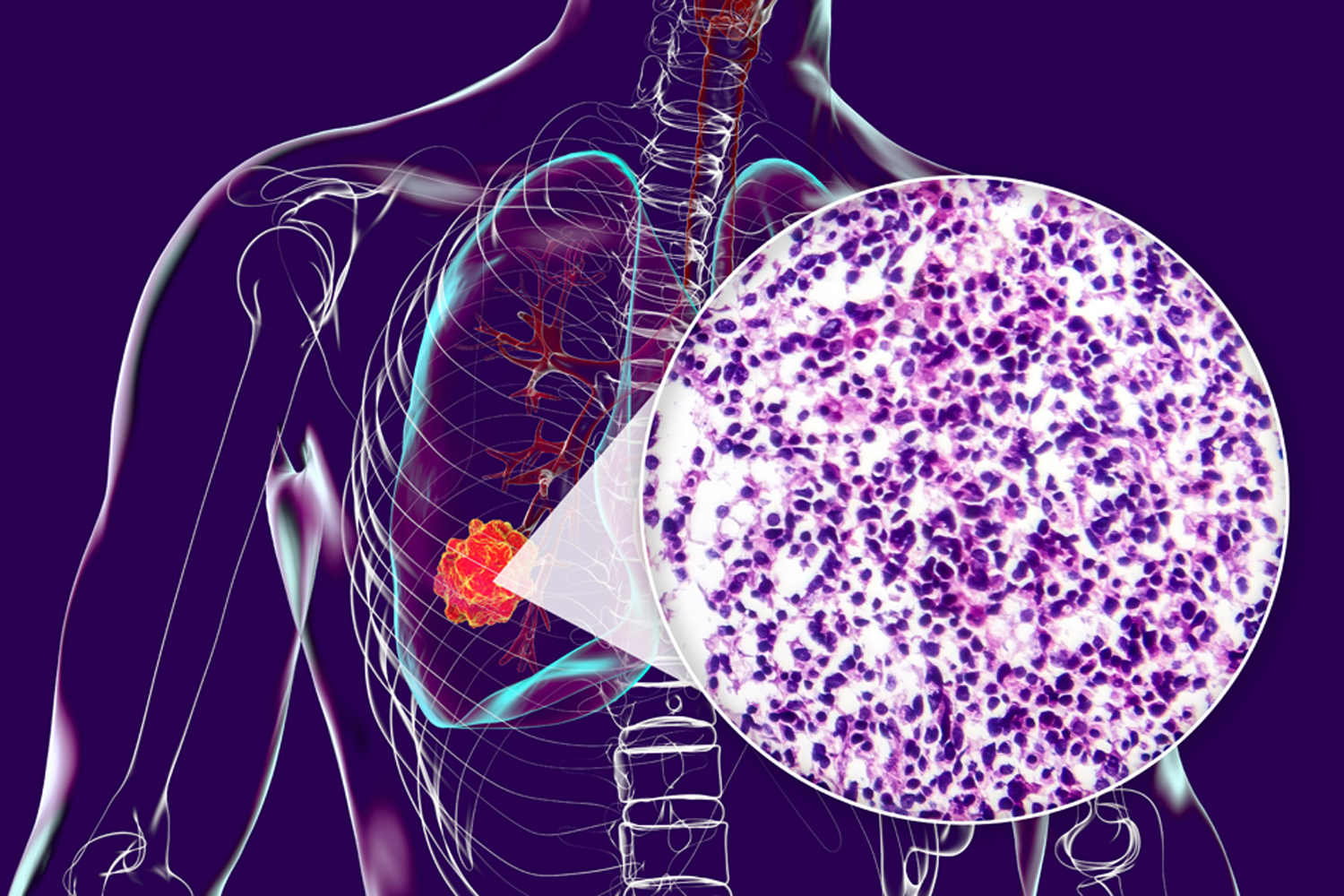-
Understanding Disparities in Melanoma Diagnosis
Black men with melanoma are more likely than other populations to die of the disease. Here’s why, and what to look for.
by Kyle Bagenstose
-
After Colorectal Cancer, Survivors Face Higher Risk for a Second Cancer
Researchers find increased risk of four types of secondary cancer in patients diagnosed with early-onset colorectal cancer.
by Sandra Gordon
-
Sunscreen Is Just the Start
Experts say protection against UV rays and watching for changes in your skin are important tools in skin cancer risk prevention.
by Kyle Bagenstose
-
From the Editor-in-Chief
Artificial IntelligenceAI has significant implications for medicine, especially for precision cancer care.
by William G. Nelson, MD, PhD
-
Ovarian Cancer: A Quest to Extend Remissions
New treatments aim to lengthen remissions and push back recurrences.
by Erin O’Donnell
-
ADCs Make Their Mark
Antibody-drug conjugates link a targeted medication with a toxic drug to deliver a potent payload inside cancer cells.
by Kendall K. Morgan
-
Healthy Habits
Not So SweetDrinking sugar-sweetened beverages contributes to excess body fat and increased risk for certain cancers.
by Anne Danahy
-
Healthy Habits
Preventing Nerve DamageNew research suggests compression and cold therapy may limit chemotherapy-induced peripheral neuropathy.
by Tyler Santora
-
Forward Look
Bispecific Antibodies to Treat CancerHematologist-oncologist Saad Usmani talks about recent approvals for bispecific antibodies to treat multiple myeloma and other blood cancers.
by Ashley P. Taylor
-
Forward Look
New Hormonal Therapy Pill for Advanced Breast CancerNew oral hormonal therapy offers alternative to injections for some women with metastatic disease.
by Kris Conner
Cancer Talk
Treatment Combination Improves Survival in EGFR-positive Lung Cancer
Adding chemotherapy to targeted therapy improves outcomes for people with advanced EGFR-positive non-small cell lung cancer.
by Sandra Gordon
Lessons From 20 Years Living With CancerMultiple myeloma survivor Jonathan Gluck reflects on uncertainty, and the scientific progress that has kept him living with cancer for more than two decades.
by Eric Fitzsimmons
The Enduring Importance of Cancer Disparities ResearchOpening session from AACR conference highlights how perseverance and adversity have informed cancer disparities research over the years.
by Eric Fitzsimmons
Most Cancer Survivors Don’t Meet Healthy Diet GoalsDespite research linking fruits and vegetables to cancer survival, many people do not change their eating habits after diagnosis.
by Darlene Dobkowski















